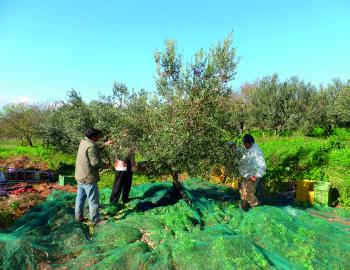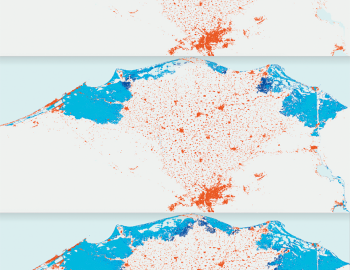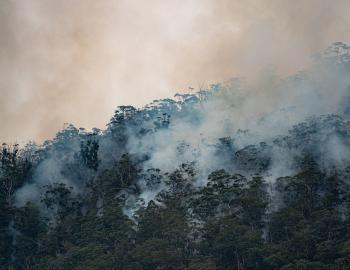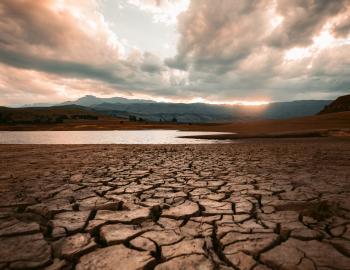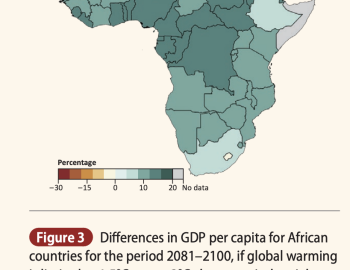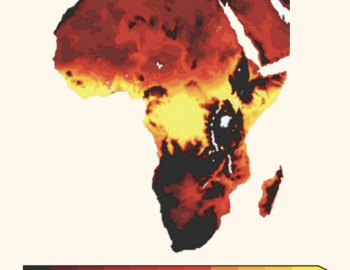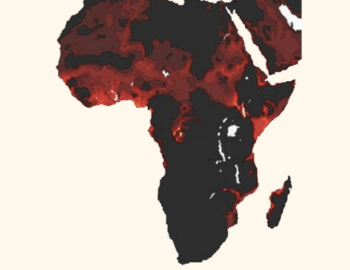North Africa
North Africa
The IPCC’s Sixth Assessment Report: What’s in it for North Africa?
This factsheet highlights:
- How North Africa’s climate is already changing
- North Africa’s future climate
- Climate change impacts we have already seen in North Africa
- Future climate risks in North Africa
- North Africa’s potential to adapt
- Key investment areas for a climate-resilient North Africa
Explore the factsheet, along with free-to-use images and infographics, below.
Image of harvesting olives in Tunisia
Courtesy of Citizen 59 via Flikr
Image of exposure to flooding from sea level rise in Cairo and Alexandria
Courtesy of CDKN
Image of a young farmer harvesting his wheat crop near Luxor, Egypt
Courtesy of Mina Guli via Flickr
Image of forest fire
Courtesy of Matt Palmer via Unsplash
Image of sunset over the ocean
Courtesy of matthew Feeney via Unsplash
Cracked brown soil.
Courtesy of redcharlie via Unsplash
Differences in GDP capita for African countries for the period 2081-2100, if global warming is limited to 1.5°C versus 2°C above pre-industrial temperatures
Courtesy of CDKN
Increase in the number of days per year with severe heat stress for global warming of 3.75°C above pre-industrial levels (1850–2100).
Courtesy of CDKN
Increase in the number of days per year with severe heat stress for global warming of 1.5°C above pre-industrial levels (1850–2100)
Courtesy of CDKN

